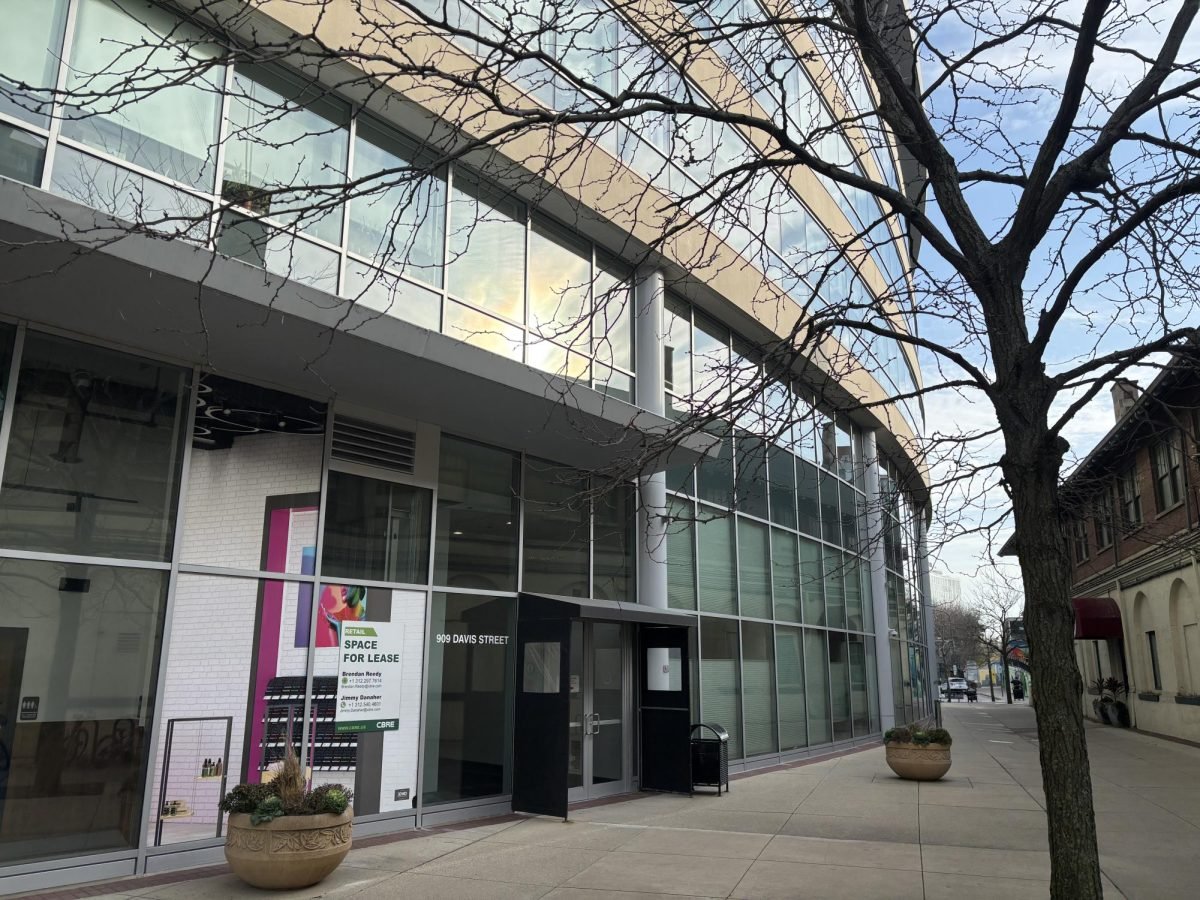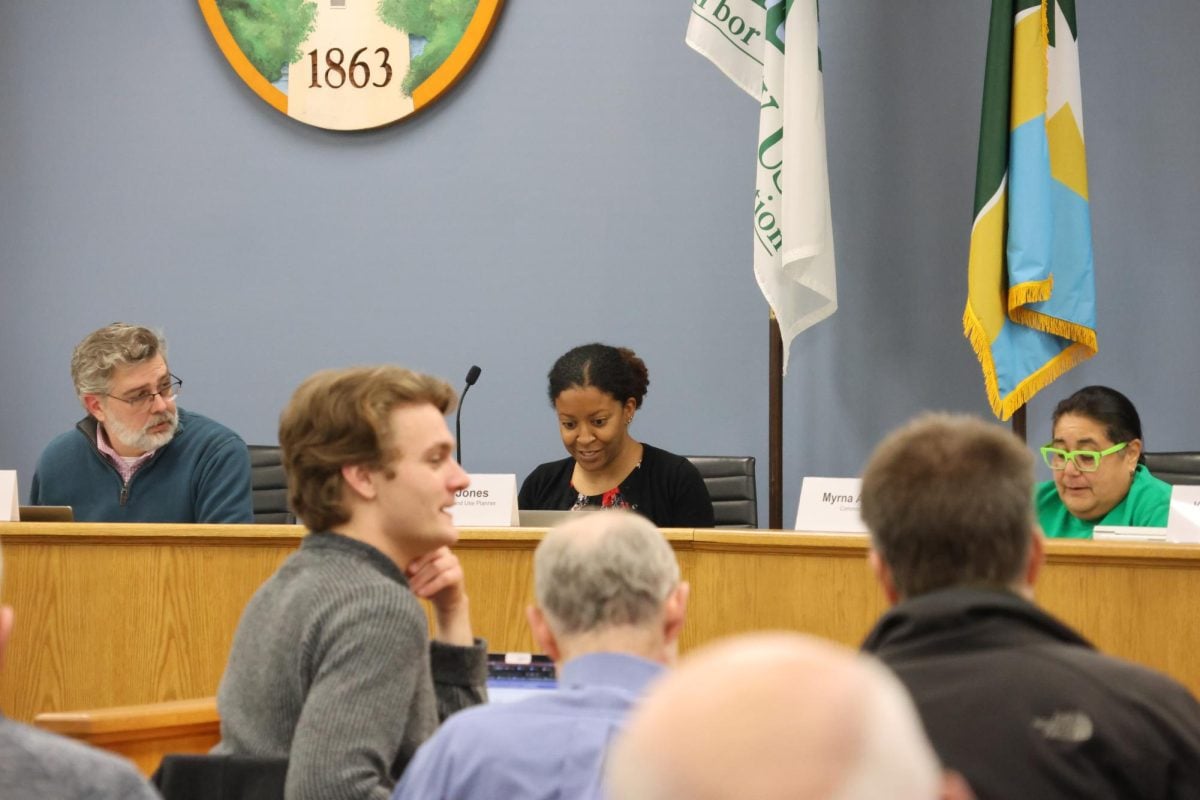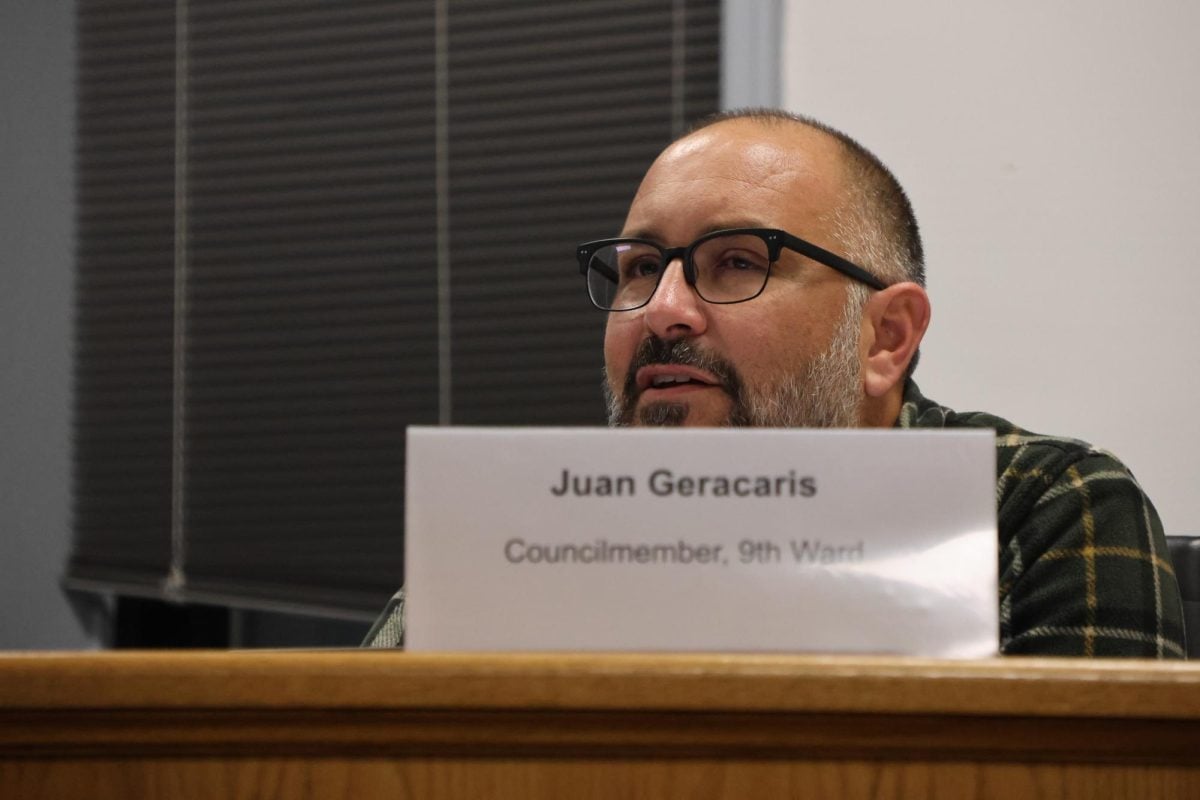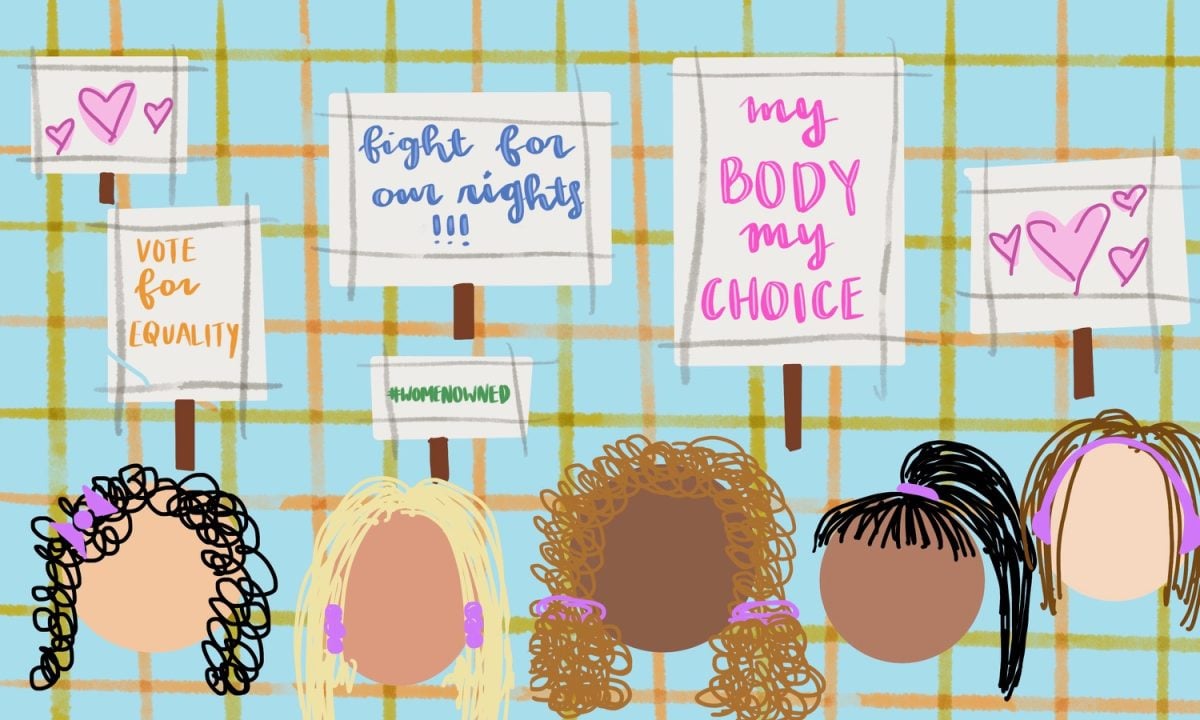The Evanston Reparations Committee announced Thursday that almost $5.2 million has been given to reparations recipients as part of the Restorative Housing Program at a meeting at the Fleetwood-Jourdain Community Center.
Since 2019, the fund for local reparations has grown to $20 million, with over $5 million going directly to eligible residents through $25,000 individual grants from the Restorative Housing Program, committee member Robin Rue Simmons said.
“It has begun the process of healing and repair in our own city,” Rue Simmons said.
Initially, the Restorative Housing Program provided funds only for home ownership, home improvements and mortgage assistance. However, in March 2023, the committee approved direct cash payment as an option for the program as well.
In a report to the committee, Tasheik Kerr, assistant to the city manager, wrote that city staff has met with 73 direct descendants of Black residents who lived in Evanston between 1919 and 1969 who are entitled to reparations as of Nov. 1.
Of those descendants, six chose to use the reparations for home improvement benefits and 70 chose cash benefits with some splitting the money between the two. An estimated total of $1,775,000 has been allocated to direct descendents.
All ancestor reparations recipients have been contacted as of November, Kerr wrote in another report to the committee. An estimated total of $3,398,544.97 has been allocated to ancestor recipients.
Of the qualifying 141 recipients, 132 have made a selection, with 30 choosing home improvement benefits, four choosing home improvement benefits and mortgage assistance, 20 choosing mortgage assistance and 83 choosing cash benefits with some splitting the money between the two.
The committee noted that no one had chosen to use the money to purchase a home.
“The reparations housing working group would like to support you in (purchasing a home), whether you’ve already received your funds (or) are still waiting for them,” Ald. Bobby Burns (5th) said. “There are challenges in trying to find a home in Evanston.”
Rue Simmons also announced an upcoming special exhibit at the Evanston Public Library in commemoration of five years of Resolution 126-R-19, which established the committee back in November 2019.
Shorefront Legacy Center Executive Director Laurice Bell said the center will continue its Intergenerational Interview Project, a program dedicated to recording the stories of Evanston residents who have received reparations and connecting younger generations with their elders.
Aimed at Black youth, the project trains students from Evanston Township High School, Niles North High School and New Trier Township High School to interview reparations recipients and write articles. The project, which began February, will digitize all the conversations and articles through Shorefront’s online journal.
“We recognize that the youth learned from the elders, but the elders learned from the youth,” Bell said. “There’s so much healing when people can speak and explain that the history that happened didn’t just happen to other people, it’s happening to people now as well.”
Currently, the project is looking to find a new cohort of students to continue this project beginning in December.
The committee also remembered former Ald. Delores Holmes (5th), who died Oct. 22, during the meeting.
The committee recognized Holmes’ for all her life of service and commitment to social equity, community development and advocacy for Black Evanstonians with a resolution in her memory.
“I want to recognize Alderman Holmes’ role and leadership in the work that we’re doing today,” Rue Simmons said. “It took Alderman Holmes in position on the Equity and Empowerment Commission in 2019 to really legitimize (local reparations) and validate it with her leadership and experience and expertise to be able to be passed to the 80th Evanston City Council.”
Email: [email protected]
Related Stories:
— The Daily Explains: Contextualizing the Evanston reparations lawsuit


















